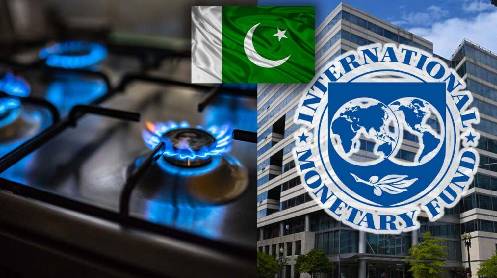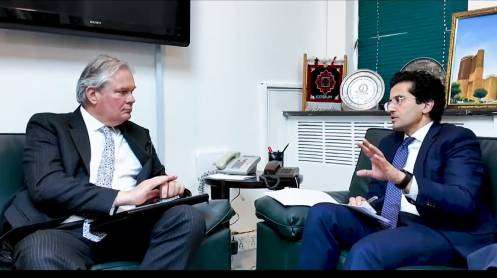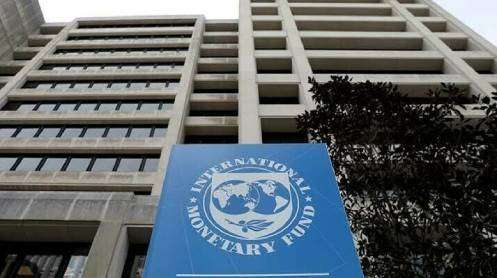ISLAMABAD: In a significant move to align with International Monetary Fund (IMF) requirements, the Economic Coordination Committee (ECC) of the federal cabinet has approved a gas tariff hike of up to 50% for consumers across various categories, effective from July 1.
The decision, made during an ECC meeting chaired by Finance Minister Muhammad Aurangzeb, includes a 50% increase in fixed charges for domestic consumers. Protected households will now pay Rs600 per month, up from Rs400, while non-protected users will see charges rise from Rs1,000 to Rs1,500. The ECC also abolished the one-slab benefit for both categories, meaning consumers will now be billed at the actual slab rate.
For industrial and power sector consumers, the ECC approved gas price increases of up to 29%, with industrial (process) gas charges rising from Rs2,150 to Rs2,350 per mmBtu, bulk consumers from Rs2,900 to Rs3,175, and power plants from Rs1,050 to Rs1,350 per mmBtu. The revisions aim to bridge a projected revenue shortfall of Rs41 billion for FY26 and meet the revenue requirement of Rs888.6 billion for SNGPL and SSGCL, as determined by Ogra.
To cushion the blow for low-income households, the government plans to redirect subsidy savings through the Benazir Income Support Programme (BISP). The ECC also noted that the gas tariff realignment is a structural benchmark under the IMF program and part of efforts to replace cross-subsidies with direct support mechanisms.
In other decisions, the ECC deferred a ruling on sugar imports and handed the matter to a 10-member committee led by the Minister for National Food Security. It also gave in-principle approval to a new risk coverage scheme for small farmers, expected to bring 750,000 new borrowers into the formal financial system and generate Rs300 billion in new agricultural credit over three years.
The ECC further approved 14 supplementary grants totaling Rs856 billion, including Rs832 billion for debt repayment, Rs15.84 billion for the Ministry of Defence, and Rs5.5 billion for the Strategic Plans Division.
Story by Khaleeq Kiani







